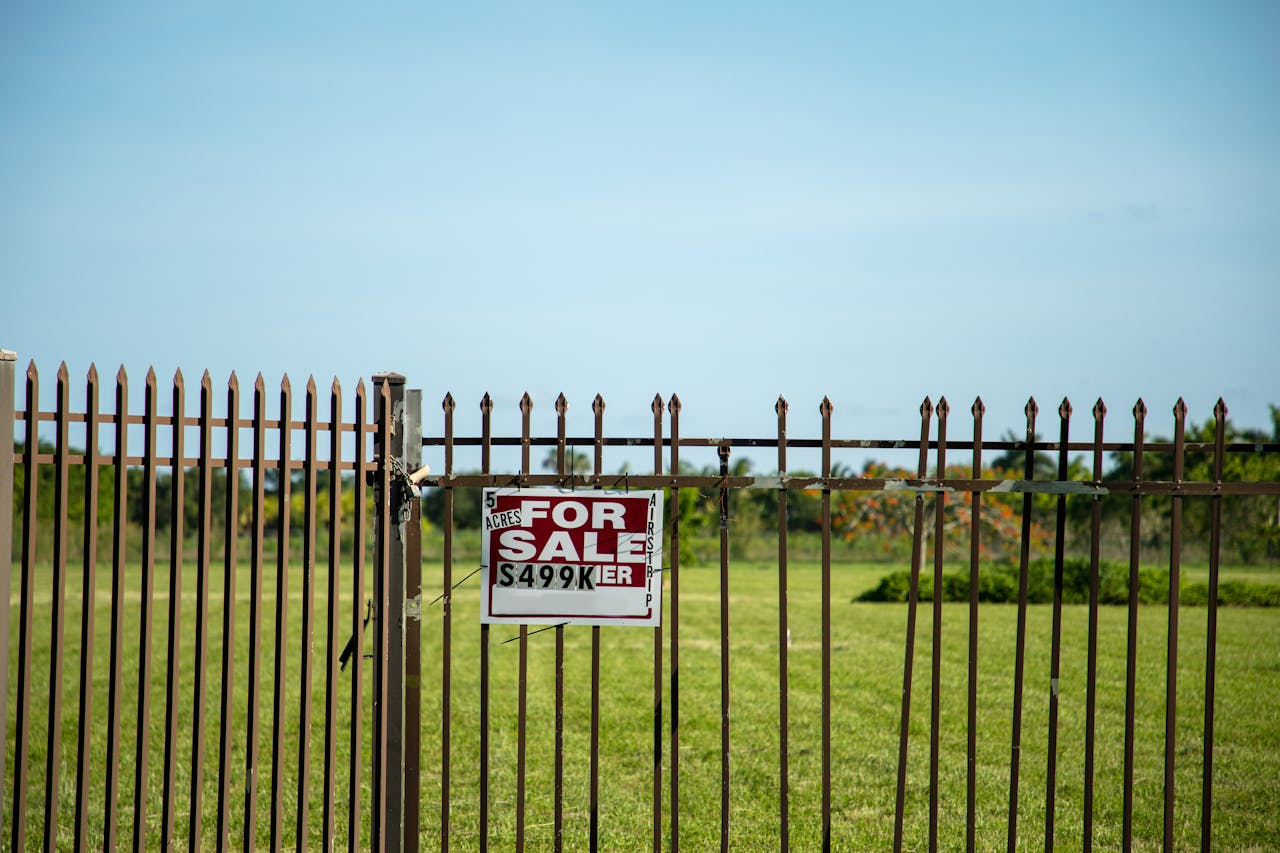South Florida is a region known for its stunning beaches, vibrant culture, and warm climate, but like many parts of the world, it’s also facing environmental challenges. With rising sea levels, habitat loss, and a growing population, it’s more important than ever to embrace eco-friendly practices in our daily lives. Whether you’re a South Florida native or new to the area, here are some practical tips for adopting a sustainable lifestyle that helps protect the environment while enjoying everything this beautiful region has to offer.
1. Reduce Water Usage
Water conservation is crucial in South Florida, where droughts and water shortages can be an issue. Even though it rains often, conserving water helps protect natural resources like the Everglades and reduces the strain on local water systems.
- Tips:
- Install low-flow faucets, showerheads, and toilets to reduce water waste.
- Fix any leaks in your home’s plumbing to prevent unnecessary water loss.
- Use drought-resistant native plants in your garden to minimize the need for irrigation.
2. Choose Renewable Energy
South Florida’s abundant sunshine makes it an ideal location for harnessing solar power. By investing in renewable energy, you can reduce your dependence on fossil fuels and lower your carbon footprint.
- Tips:
- Install solar panels on your home to generate clean energy.
- Consider joining a community solar program if installing panels isn’t an option for you.
- Use solar-powered outdoor lights to illuminate your garden or patio.
3. Adopt Sustainable Transportation
With traffic congestion and long commutes being common in South Florida, adopting more sustainable transportation methods can make a big difference in reducing greenhouse gas emissions.
- Tips:
- Walk or bike instead of driving for short trips around your neighborhood.
- Use public transportation such as the Metrorail or Brightline train to reduce car usage.
- Consider carpooling or using a ride-sharing service to cut down on the number of cars on the road.
- If you’re in the market for a new vehicle, consider switching to an electric or hybrid car.
4. Shop Local and Support Sustainable Businesses
Supporting local farmers, artisans, and businesses not only helps the local economy but also reduces the environmental impact of transporting goods over long distances. In South Florida, there are many opportunities to shop sustainably, from farmers markets to eco-friendly stores.
- Tips:
- Buy fresh produce from local farmers markets, which reduces the carbon footprint associated with food transportation.
- Support businesses that prioritize sustainability, such as those that use recycled materials or avoid single-use plastics.
- Choose eco-friendly products, like biodegradable cleaning supplies and reusable shopping bags, to reduce waste.
5. Reduce, Reuse, and Recycle
Recycling is one of the easiest ways to live more sustainably, but it’s important to go beyond just recycling by reducing waste and reusing items whenever possible. South Florida offers many opportunities to practice waste reduction and recycling.
- Tips:
- Compost food scraps and yard waste to create nutrient-rich soil for your garden.
- Donate old clothing, furniture, and household items instead of throwing them away.
- Use reusable containers, water bottles, and shopping bags to reduce your reliance on single-use plastics.
- Take advantage of local recycling programs for glass, plastic, paper, and electronics.
6. Eat Sustainably
South Florida’s tropical climate makes it an excellent place for growing fresh, organic produce, and many local restaurants prioritize farm-to-table ingredients. Eating sustainably not only supports local farmers but also reduces the environmental impact of large-scale food production.
- Tips:
- Buy organic, seasonal, and locally grown produce to reduce your carbon footprint.
- Eat more plant-based meals, which generally have a lower environmental impact than meat-based diets.
- Grow your own fruits, vegetables, and herbs in a backyard garden or on your balcony.
7. Protect Florida’s Ecosystems
South Florida is home to unique and fragile ecosystems, including the Everglades, coral reefs, and coastal mangroves. Protecting these ecosystems is essential to preserving the region’s natural beauty and biodiversity.
- Tips:
- Participate in beach cleanups to help remove plastic and other debris that harm marine life.
- Avoid using harmful chemicals in your garden, as they can run off into local waterways and damage ecosystems.
- Support conservation efforts by donating to organizations that work to protect the Everglades, coral reefs, and local wildlife.
8. Use Eco-Friendly Home Improvements
Making small changes to your home can lead to big savings in energy and resources, while also helping the environment. Whether you’re building a new home or making updates to your current one, there are many ways to go green.
- Tips:
- Install energy-efficient windows and doors to reduce cooling costs in the hot Florida climate.
- Use LED lighting, which lasts longer and uses less energy than traditional bulbs.
- Insulate your home to reduce the need for excessive air conditioning and heating.
- Opt for eco-friendly building materials such as bamboo, reclaimed wood, or recycled glass.
Living sustainably in South Florida is not only good for the environment, but it also helps preserve the region’s unique ecosystems and enhances the quality of life for everyone. By adopting eco-friendly habits such as reducing water usage, using renewable energy, and supporting local businesses, you can make a positive impact on the planet while enjoying the best that South Florida has to offer. Start small, and remember that every effort counts toward a more sustainable future.





